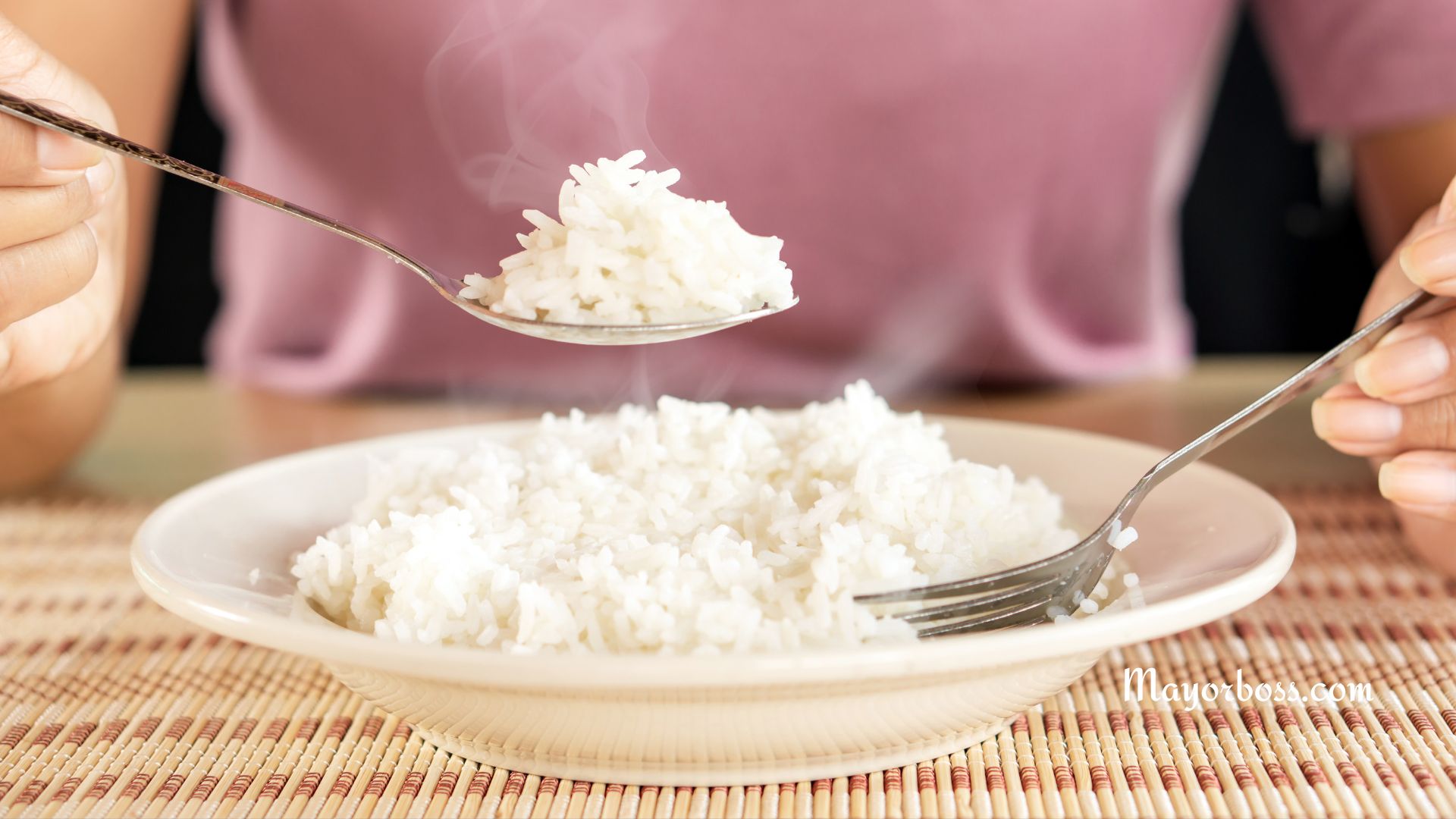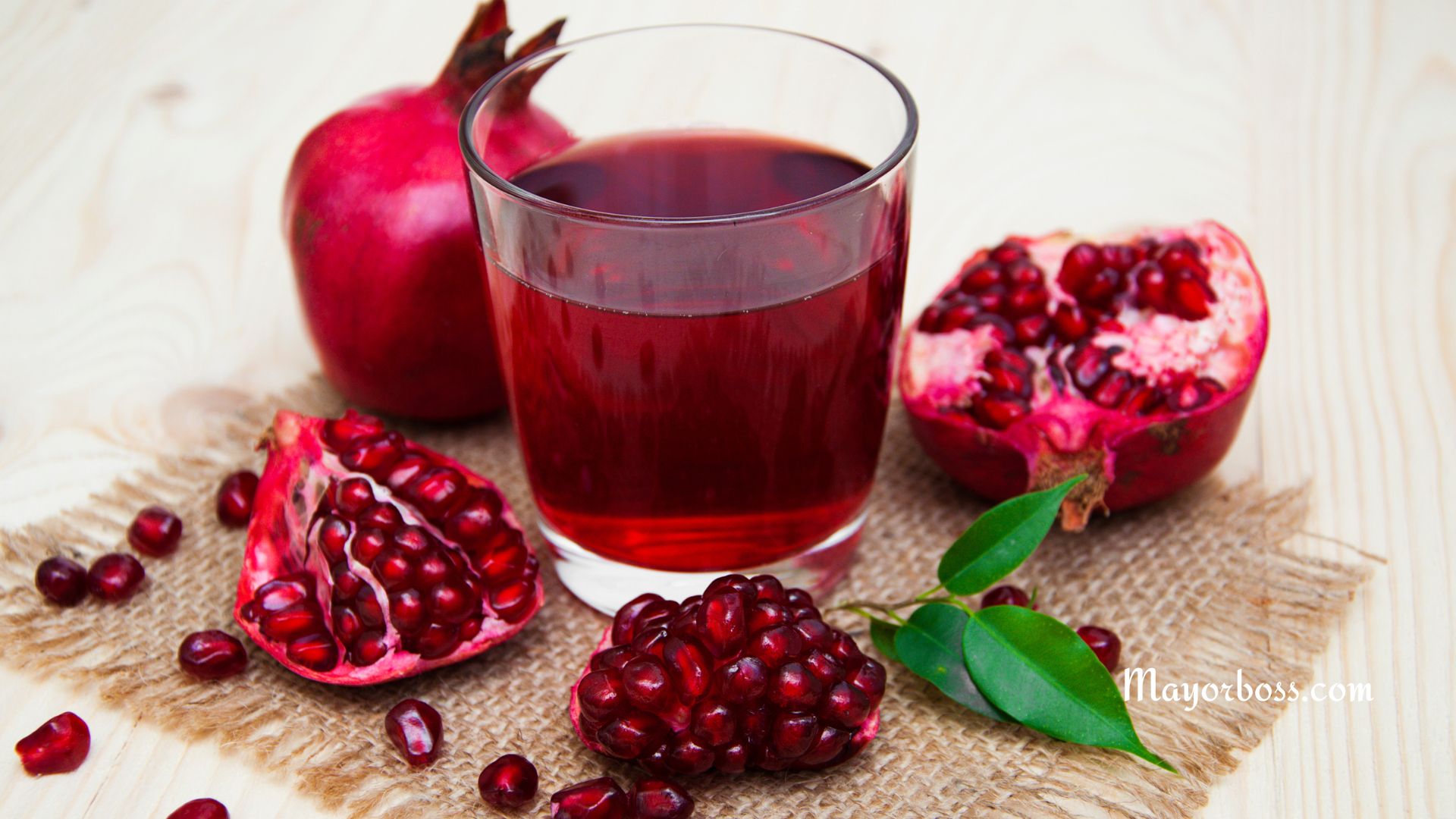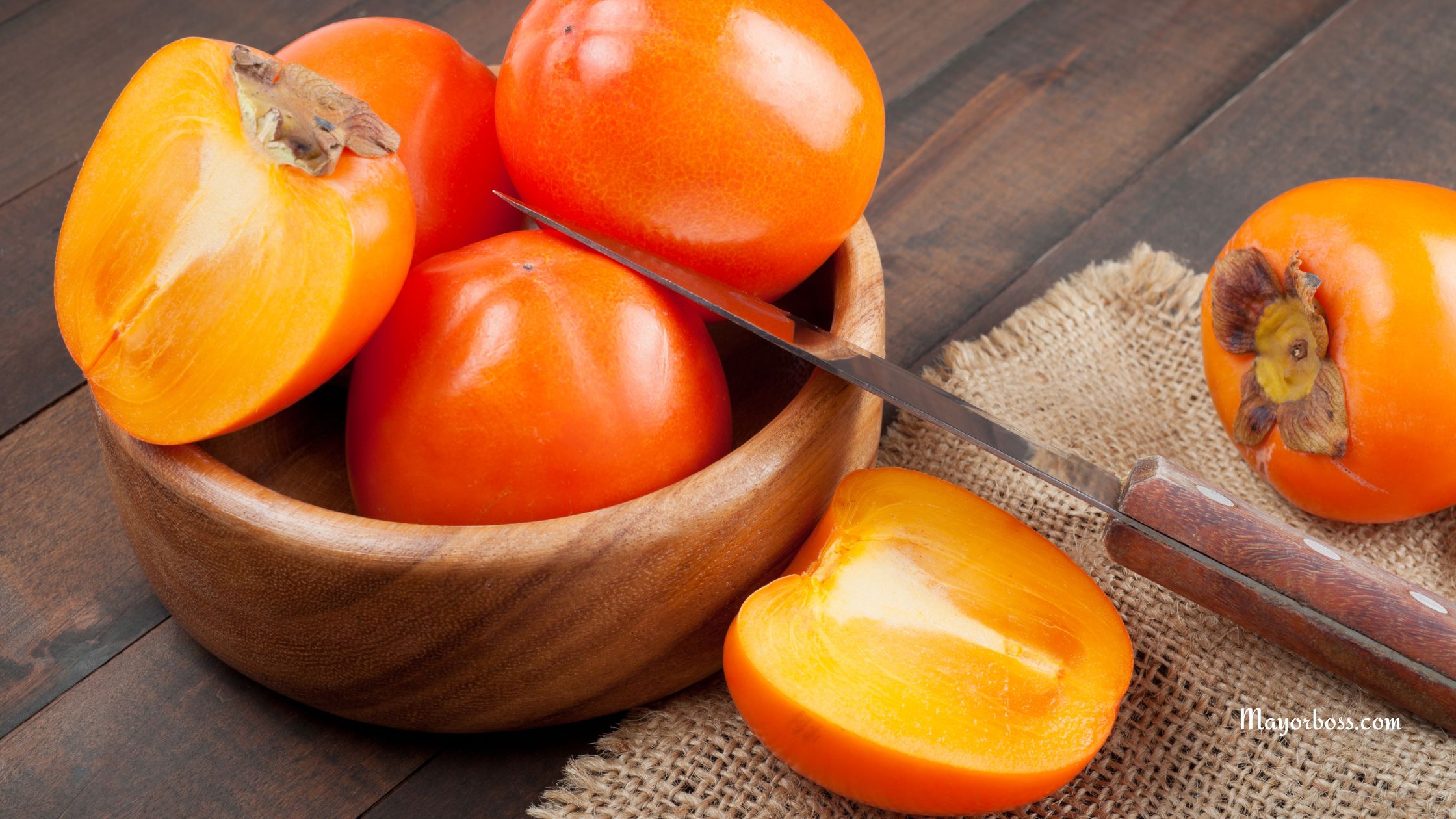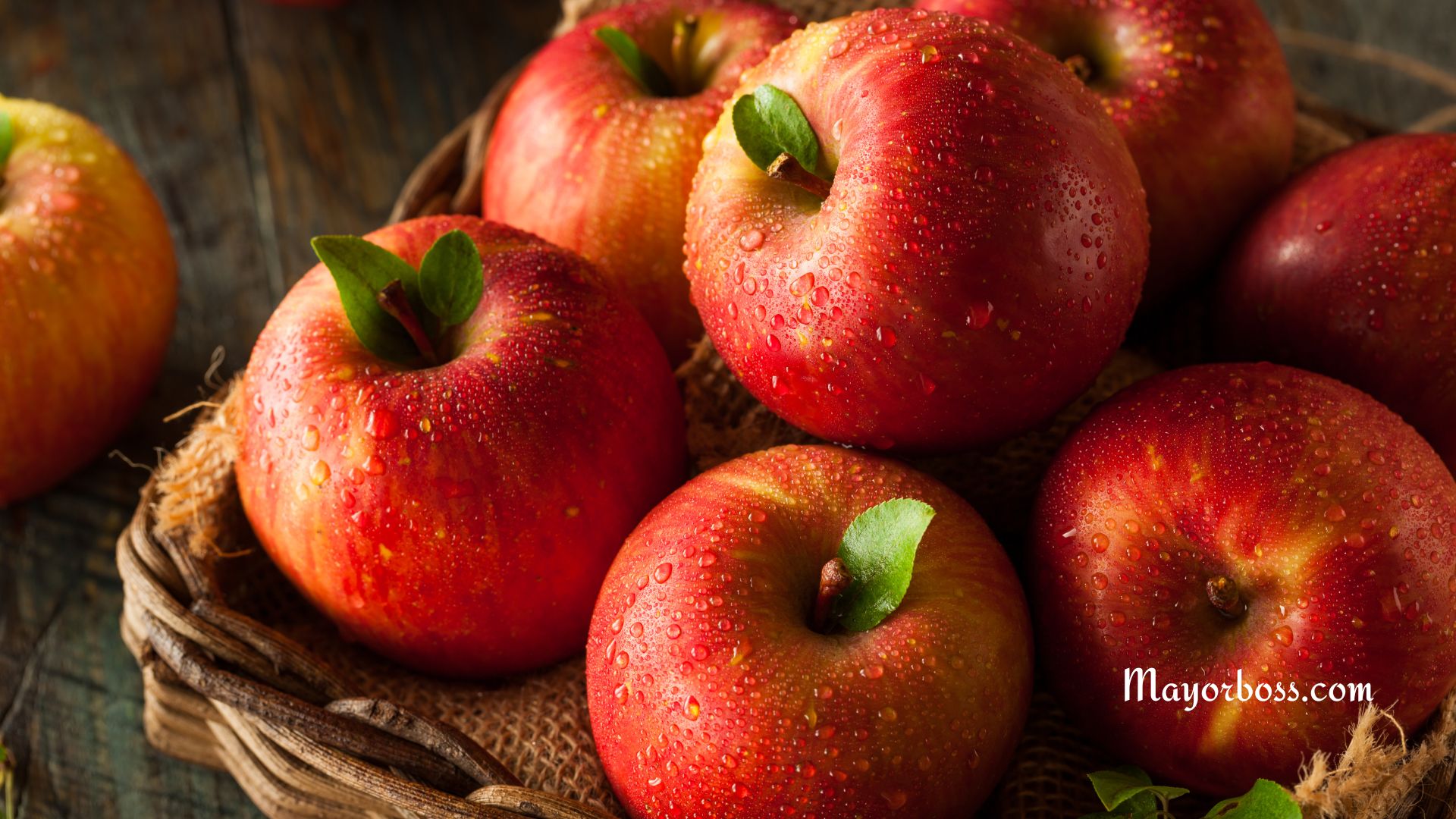What Breaks a Fast? Foods and Drinks
Fasting, a practice of abstaining from food and sometimes drink, can have various health benefits. However, not all foods and beverages are created equal when it comes to breaking your fast. Sugary drinks, high-calorie foods, and even certain zero-calorie items can disrupt the fasting process.

The Basics of Fasting
Fasting is a tool people use for a range of reasons. You might be fasting for religious reasons, weight loss, or for health benefits like improved metabolism. During a fast, the idea is to abstain from foods and sometimes drinks for a set period. However, what exactly constitutes “breaking a fast” can vary depending on your fasting goals.
The Caloric Rule
The simplest rule to follow is the caloric rule. Consuming calories in any form will technically break your fast. That means eating a snack or drinking a sugary beverage will take you out of the fasting state.
Examples of Caloric Foods and Drinks
- Fruit juices
- Sodas
- Snacks like chips or cookies
- Meals
Zero-Calorie Items: Not So Innocent?
You might think zero-calorie drinks and foods are safe. However, these can also break a fast. Artificial sweeteners in diet sodas or zero-calorie energy drinks can stimulate insulin release. This disrupts the metabolic benefits you aim to achieve through fasting.
Examples of Zero-Calorie Items That Can Break a Fast
- Diet sodas
- Sugar-free gum
- Artificially sweetened beverages
Drinks That Could Be Safe
Water is your safest bet during fasting. Unsweetened teas and black coffee might also be permissible, depending on your fasting goals. In people with a focus on weight loss, these options usually don’t disrupt the fasting process.
Examples of Safe Drinks
- Water
- Unsweetened herbal teas
- Black coffee
The Exception: Religious and Traditional Fasts
If you are observing a religious or traditional fast, the rules can be quite different. In such cases, even water might be considered a fast-breaker. Therefore, it’s crucial to follow the specific guidelines associated with the fast you’re observing.
Autophagy and Fasting
Autophagy is a cellular cleaning process that gets activated during fasting. Consuming protein-rich foods or drinks, even in small amounts, can halt this process. So, if autophagy is your goal, you need to be extra cautious about what you consume.
Examples of Foods That Stop Autophagy
- Bone broth
- Protein shakes
- Collagen supplements
What to Eat to Break Your Fast
Prioritize Hydration
Dehydration can occur during fasting, especially if you’ve been abstaining from water. Therefore, it’s crucial to rehydrate before consuming anything else.
Examples of Hydration to Break Your Fast
- Water
- Coconut water
- Herbal teas
Start Small: Digestive Health First
You might feel like devouring a huge meal, but starting with something light is a smarter choice. Light foods can help wake up your digestive system.
Examples of Light Foods to Break Your Fast
- Fruits like watermelon or berries
- Vegetable broth
- Yogurt
Nutrient-Dense Foods for Energy
When you’re breaking a fast, you’re essentially refueling your body. Opt for foods rich in essential nutrients to give yourself a boost.
Examples of Nutrient-Dense Foods to Break Your Fast
- Avocado
- Nuts and seeds
- Leafy greens like spinach
Protein for Muscle Recovery
In people focusing on muscle gain, protein is crucial when breaking a fast. It aids in muscle recovery and growth.
Examples of Protein Sources to Break Your Fast
- Grilled chicken
- Tofu
- Eggs
Healthy Fats: Not to be Overlooked
Healthy fats are essential for hormonal balance and cellular function. Adding some to your first meal can make it more satisfying and beneficial.
Examples of Healthy Fats to Break Your Fast
- Olive oil
- Avocado
- Almonds
Carbs: Choose Wisely
Carbohydrates give you quick energy, but it’s important to choose the right kind. Whole grains and fruits are better options compared to processed carbs.
Examples of Healthy Carbs to Break Your Fast
What to Avoid: Common Mistakes
Eating sugary or highly processed foods can cause a rapid spike and subsequent drop in blood sugar levels. This can leave you feeling tired and sluggish.
Examples of Foods to Avoid
- Fast food
- Sugary cereals
- Pastries
How to Time Your Meals
Timing is also a factor when breaking your fast. A common practice is to eat a small meal or snack first, followed by a larger meal about 30 to 45 minutes later. This allows your digestive system to adapt gradually.
Special Considerations: Religious and Health Factors
If your fast is religious or for medical reasons, make sure to follow any specific guidelines related to breaking the fast. For instance, during Ramadan, the fast is traditionally broken with dates and water.
So, as you can see, the foods you choose to break your fast are crucial. They set the stage for how you’ll feel for the rest of the day and can even impact the long-term benefits of your fasting practice. Choose wisely, and enjoy the nourishment!
Further Reading: Foods You Can Eat While Fasting






